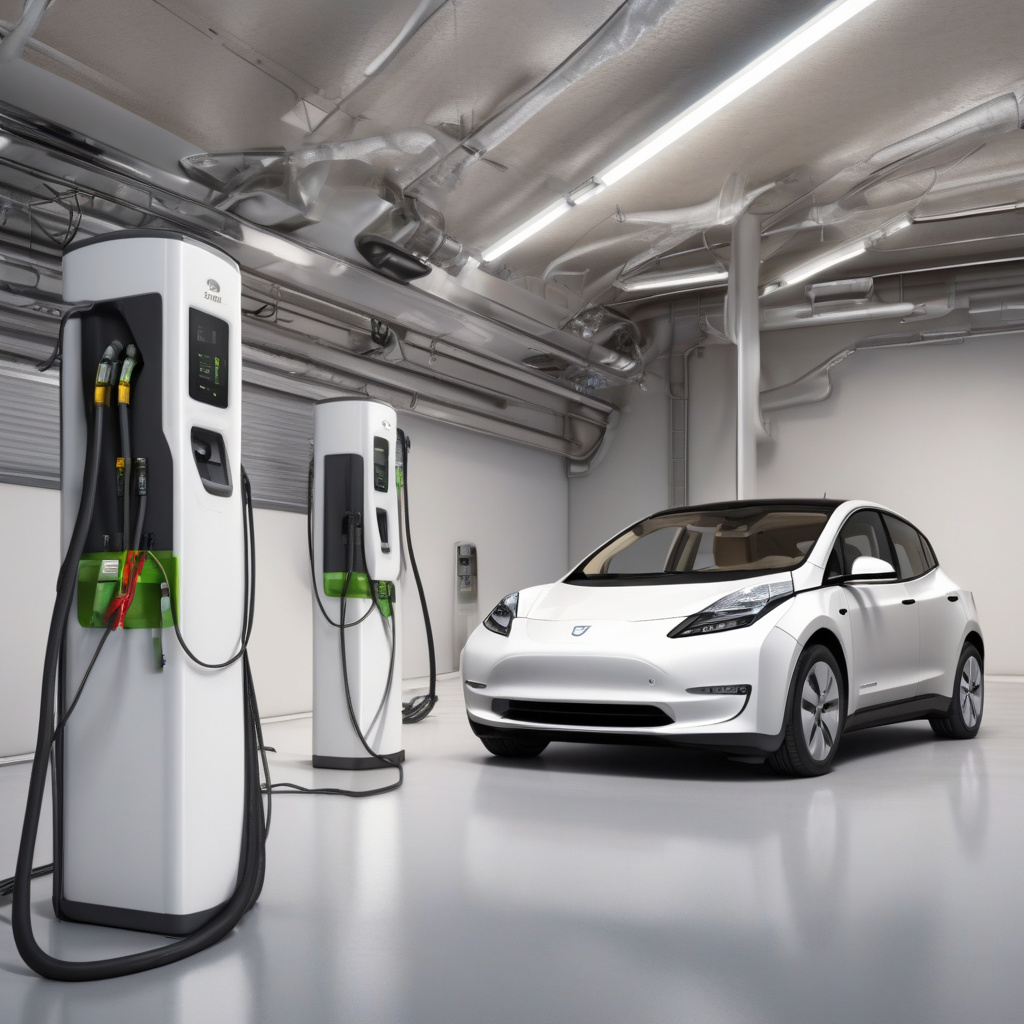Electric vehicles (EVs) are revolutionizing the automotive industry, not just with their eco-friendly appeal but also with a surprising cost advantage. Recent data reveals that EVs are not only gaining popularity through increased sales but are also significantly cheaper to maintain compared to traditional petrol, diesel, and hybrid cars. This shift in the cost dynamics of vehicle ownership marks a pivotal moment in the transition towards sustainable transportation.
The findings from the report highlight a key advantage that EV owners can enjoy over their petrol and diesel counterparts. Lower maintenance costs stem from the simplicity of electric vehicles, which have fewer moving parts than internal combustion engine vehicles. Without complex components like fuel systems, radiators, and exhaust systems, EVs require less frequent servicing and are less prone to mechanical issues that can escalate maintenance expenses.
Moreover, the absence of oil changes in EVs contributes to long-term savings for owners. Internal combustion engine vehicles necessitate regular oil changes to ensure proper lubrication and engine performance. In contrast, EVs do not rely on oil for propulsion, eliminating the need for periodic oil changes. This translates to reduced maintenance costs and hassle for EV owners, making the ownership experience more convenient and economical.
Additionally, the regenerative braking system in EVs plays a significant role in lowering maintenance expenses. Unlike traditional vehicles where braking generates heat and wear on brake pads, EVs use regenerative braking to convert kinetic energy into electric energy, thereby reducing the wear on brake components. This innovative technology not only enhances the driving experience by providing smoother deceleration but also extends the lifespan of brake pads, resulting in cost savings for EV owners over time.
As the automotive landscape continues to evolve towards electrification, the cost-effectiveness of EV maintenance serves as a compelling incentive for consumers to make the switch. Beyond the environmental benefits of reducing carbon emissions and dependence on fossil fuels, the financial advantages of owning an EV are becoming increasingly apparent. With lower maintenance costs, simplified servicing requirements, and overall durability, EVs present a compelling case for drivers looking to save money in the long run while embracing sustainable transportation solutions.
In conclusion, the report showcasing the cost advantages of maintaining EVs compared to petrol and diesel vehicles underscores the transformative impact of electric mobility on the automotive industry. By offering a more economical and efficient alternative to traditional cars, EVs are reshaping the way we perceive vehicle ownership and maintenance. As technology continues to advance and infrastructure supporting EVs expands, the shift towards electric transportation is not only inevitable but also increasingly advantageous for both consumers and the environment. Embracing the era of electric vehicles is not just a step towards sustainability but also a smart financial decision in the long term.

